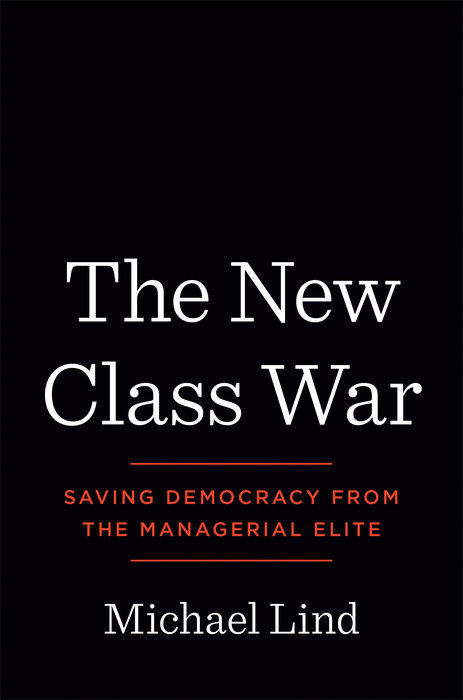ML: There have been two kinds of administrative agencies that are somewhat independent of direct presidential political control since the progressive era. One kind is the very technocratic agency where you get the experts who are insulated, they’re altruistic, they’re wise, they have degrees from Ivy League universities. And whatever they want is supposedly good for the public. I’m very suspicious of this for obvious reasons. The other kind is associated with a lot of the New Deal agencies that were created. And we have to remember the New Deal was a farmer-labor alliance. It was an alliance of the working class and the family farmers who had been excluded from the first stage of industrialization in the United States. They realized that Congress cannot possibly make detailed regulations for everything in an industrial economy, but at the same time they did not want to turn over vast discretionary power to a bunch of “pointy heads,” as George Wallace would say, from the Ivy League universities.
So their compromise was to create sector-specific organizations: the FCC, the Agriculture Department, and various independent agencies where interest groups were represented and could influence policy, even if only informally. Now, libertarians hate this because they see it as corruption for the interest groups to influence policy. A certain kind of technocratic progressive hates it because the people who make policy are not supposed to actually be from that field—that’s their definition of corruption. But to my mind it makes sense, because if you’re going to make policy for family farmers, you should probably talk to family farmers. If you’re going to make policy for taxi drivers, then represent the taxi drivers and consult with them.
By the same token, I think we have a very unrealistic view of the omnicompetent legislator. We have this idea that if you’re a Senator, today you’re going to make policy for farming and tomorrow you’re going to make it for pilots, and the day after that you’re going to make it for religious liberty. Having worked in state legislatures, I can tell you that doesn’t happen. What happens is that one or two members of the legislature are known as experts in a particular field. Usually they have some connection with that field, and their fellow legislators—often across party lines—defer to their expertise. So one of the things I argue is that we should not be afraid to delegate some policymaking authority to administrative agencies, on the condition that they represent interest groups, particularly working-class interest groups, whose views might be ignored otherwise.
